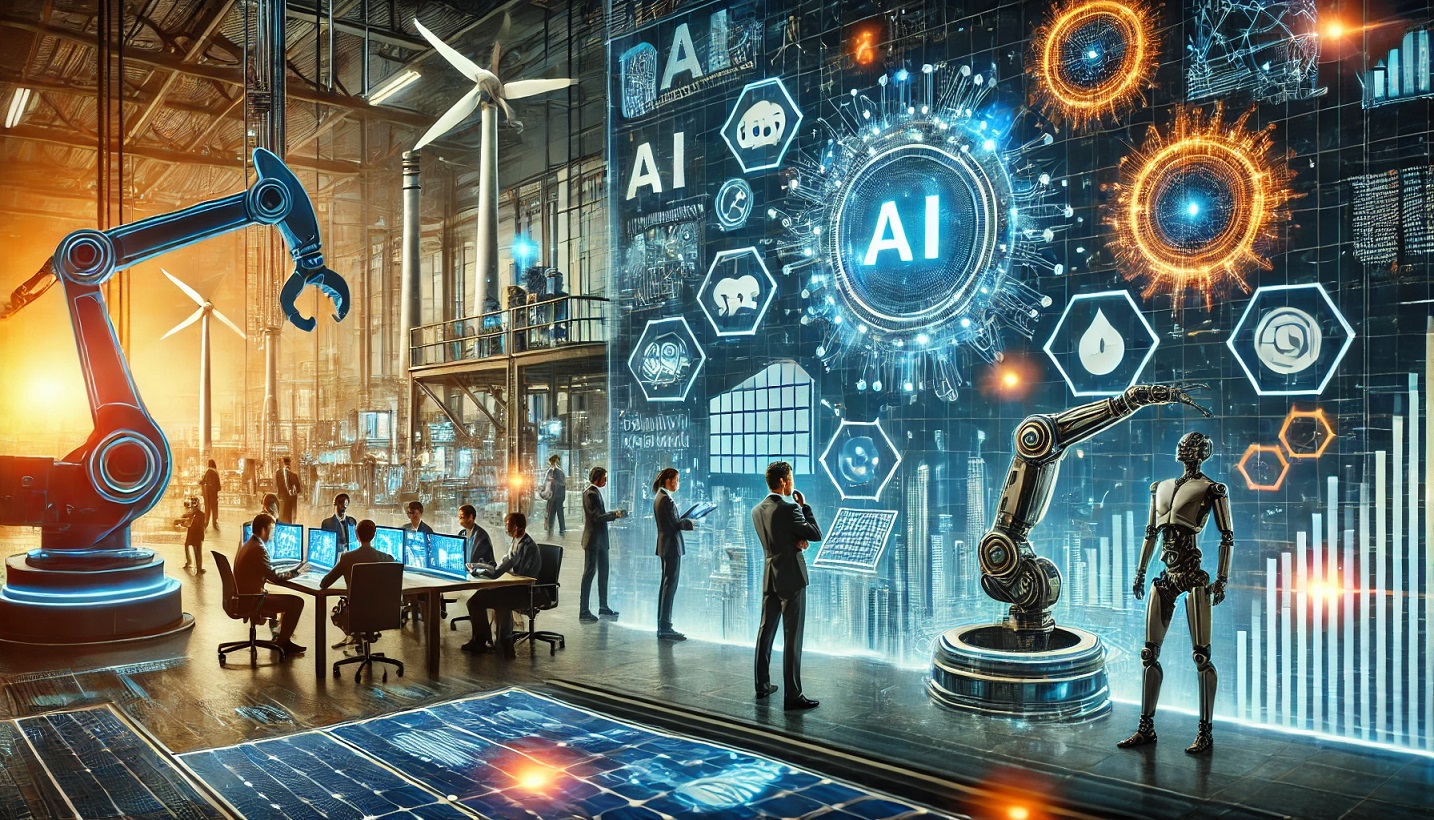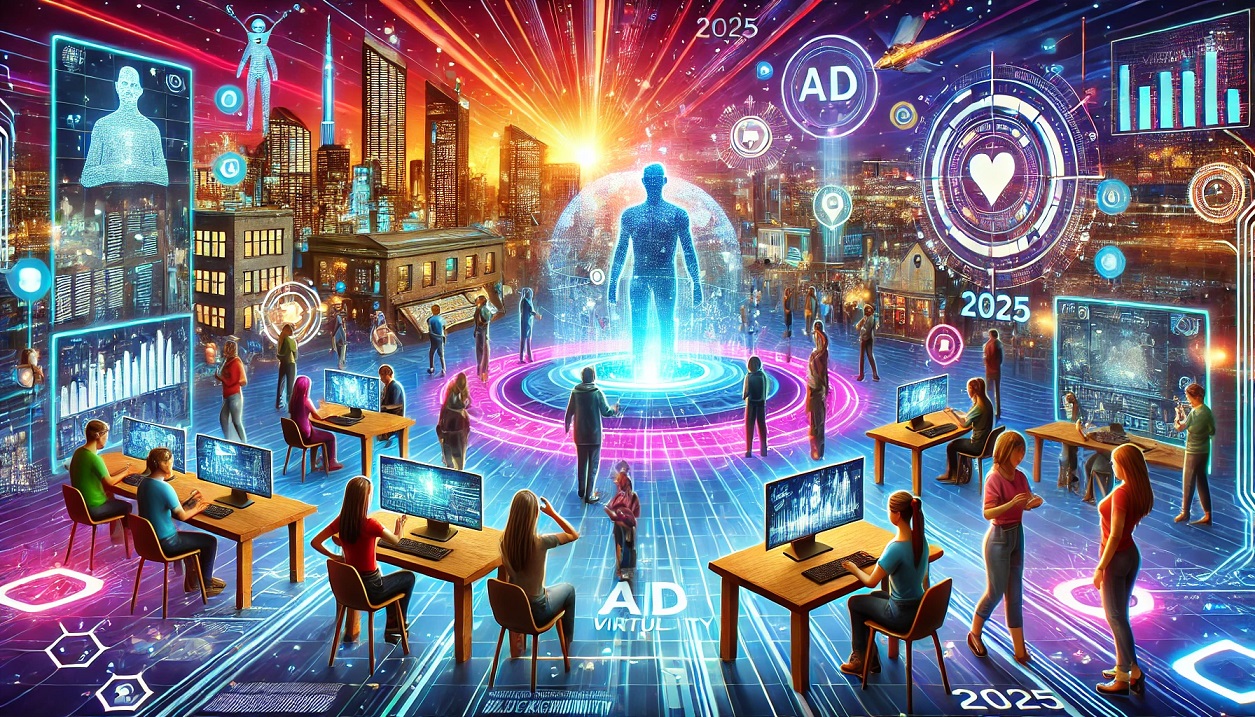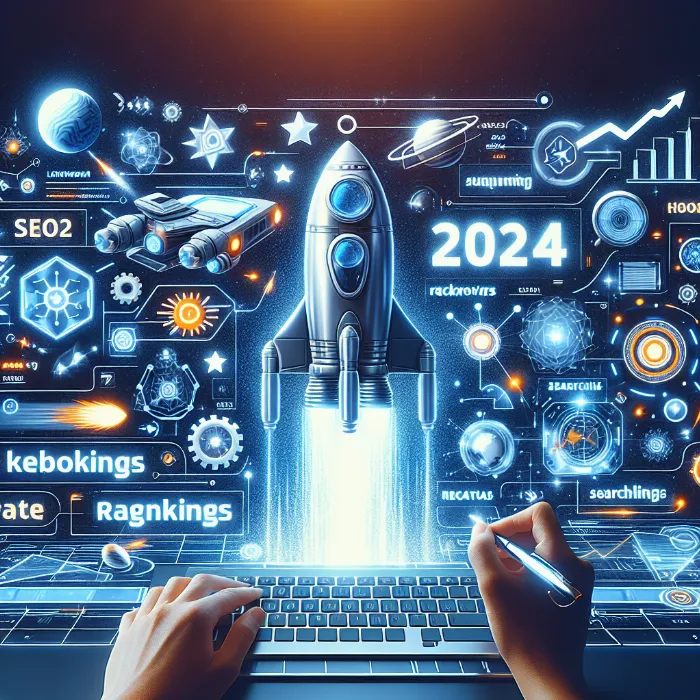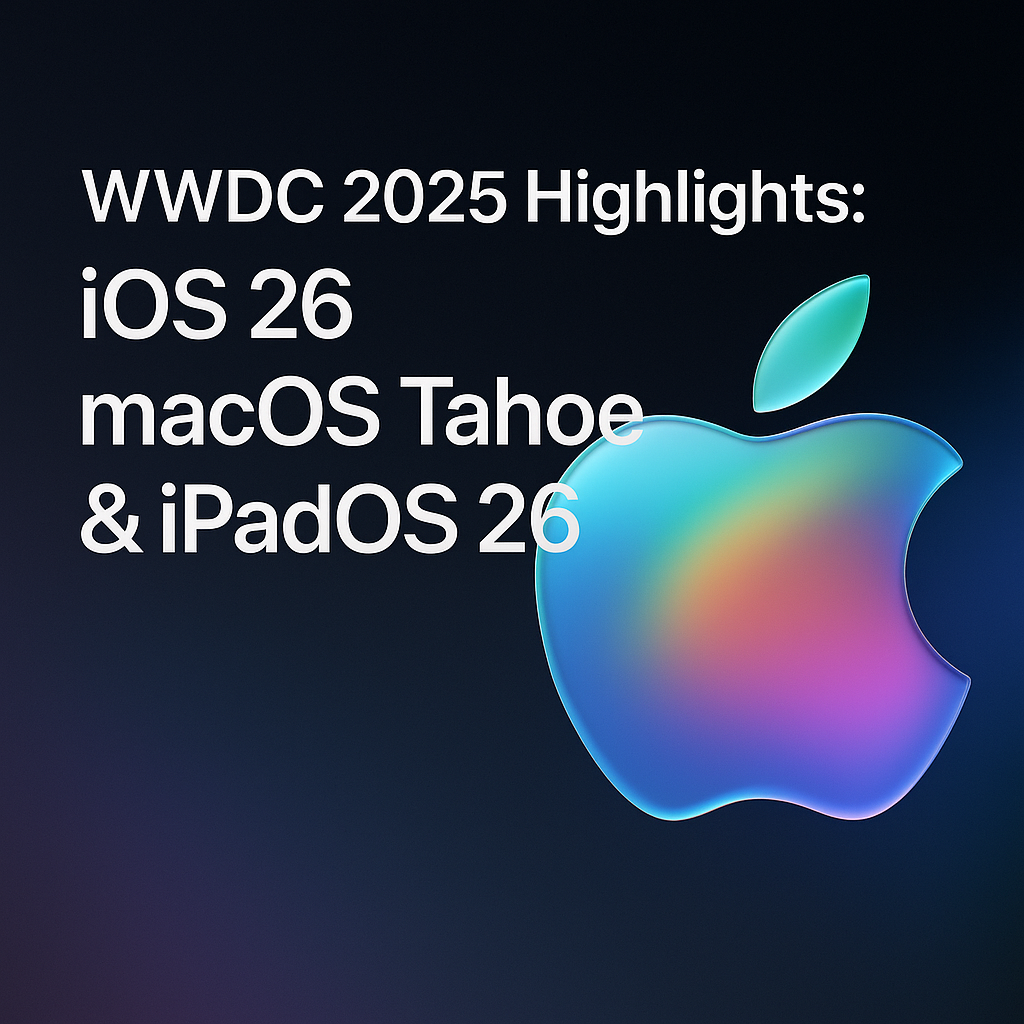Industry 4.0 is transforming business with AI, automation, and sustainable energy. Smart factories, big data, and eco-friendly solutions drive innovation and global competitiveness.
Industry 4.0 is transforming business with AI, automation, and sustainable energy. Smart factories, big data, and eco-friendly solutions drive innovation and global competitiveness.
The business and industrial sectors are undergoing a massive transformation driven by technology, automation, and sustainability. From smart factories to AI-powered decision-making, companies worldwide are embracing digital transformation to stay competitive. This article explores the key trends shaping the future of business and industry, providing insights into how companies can adapt to the changing landscape.
Industry 4.0 is revolutionizing manufacturing with IoT (Internet of Things), AI, robotics, and data analytics. Factories are becoming smarter, more efficient, and less reliant on manual labor.
💡 Example: Tesla’s Gigafactories use AI-powered robots and automation to scale production efficiently.
The shift toward sustainable business models is no longer optional—it’s essential for long-term success. Companies are investing in clean energy, waste reduction, and eco-friendly production.
💡 Example: Tesla’s solar-powered factories reduce reliance on fossil fuels, setting a new standard for the automotive industry.
Digital transformation is reshaping industries by integrating AI, big data analytics, and cloud computing into everyday operations.
💡 Example: Amazon uses AI-driven algorithms to manage inventory, predict demand, and enhance customer experience.
The COVID-19 pandemic, geopolitical tensions, and logistics issues have disrupted global supply chains. Businesses must adapt to ensure stability.
💡 Example: Apple is shifting parts of its supply chain from China to India and Vietnam to reduce geopolitical risks.
The pandemic accelerated the shift to remote work and hybrid business models, leading to flexibility, productivity gains, and cost savings.
💡 Example: Microsoft’s hybrid work policies allow employees to choose flexible work environments, improving job satisfaction and efficiency.
The future of business and industry is shaped by technology, sustainability, digital transformation, and flexible work environments. Companies that embrace innovation will stay ahead of the competition, while those resistant to change may struggle to survive.
To thrive in this dynamic landscape, businesses must:
✅ Invest in AI, automation, and cloud computing.
✅ Prioritize sustainability and eco-friendly practices.
✅ Adapt supply chains to global disruptions.
✅ Embrace digital transformation for long-term success.
🔹 What are your thoughts on the future of business and industry? Share in the comments!
Like
Dislike
Love
Angry
Sad
Funny
Wow
California Bar Introduces Privacy Law Specialization to Meet Digital Era Demands
June 22, 2025Collagen Supplements Boom: Do They Really Improve Skin and Hair Health?
March 15, 2025Twitter Rolls Out New Feature Allowing Users to Tip Influencers Directly
April 08, 2025







Comments 0